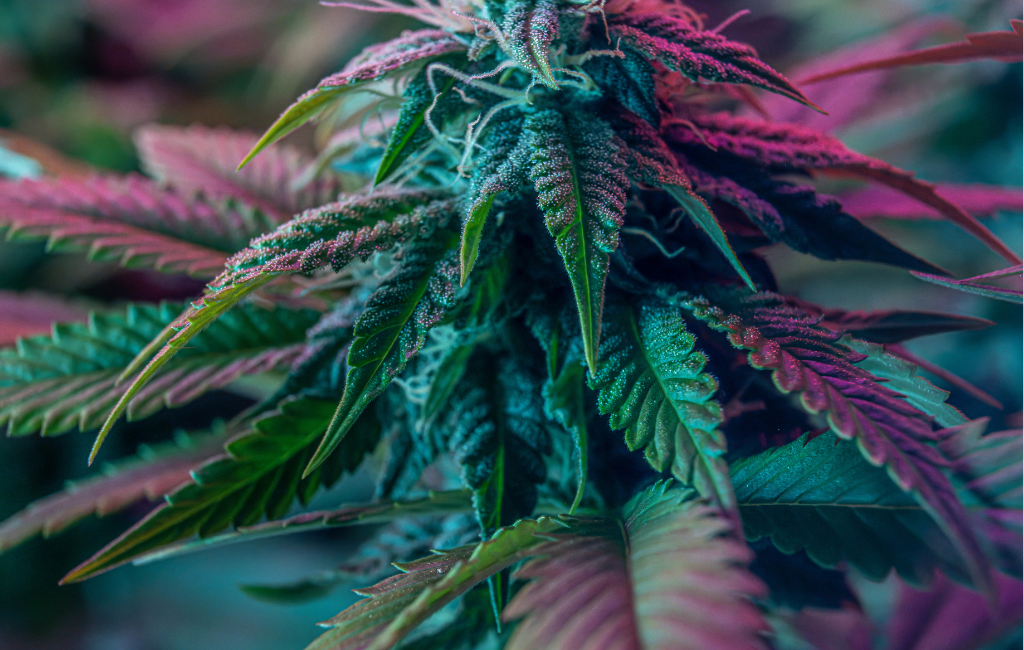-
Table of Contents
- THCA Flower: A Natural Path to Relaxation and Wellness
- Understanding THCA
- Properties of THCA
- Health Benefits of THCA Flower
- Anti-Inflammatory Effects
- Neuroprotective Properties
- Anti-Emetic Benefits
- Antioxidant Activity
- How to Use THCA Flower
- Raw Consumption
- Juicing
- Tinctures and Oils
- Topical Applications
- Case Studies and Research
- Case Study: Arthritis Relief
- Research on Neurodegenerative Diseases
- Anti-Emetic Properties in Chemotherapy Patients
- Conclusion
Relaxation THCA Flower Path
In recent years, the interest in natural wellness solutions has surged, leading many to explore the benefits of THCA flower. This non-psychoactive compound, found in raw cannabis, offers a range of potential health benefits without the high associated with THC. This article delves into the properties, benefits, and uses of THCA flower, providing valuable insights for those seeking a natural path to relaxation and wellness.
Understanding THCA
THCA, or tetrahydrocannabinolic acid, is a cannabinoid found in raw and live cannabis. Unlike THC, THCA does not produce psychoactive effects. When cannabis is heated through smoking, vaping, or cooking, THCA converts to THC, which is responsible for the high. Consuming raw cannabis or using products that preserve THCA can offer therapeutic benefits without altering mental state.
Properties of THCA
- Non-psychoactive
- Anti-inflammatory
- Neuroprotective
- Anti-emetic
- Antioxidant
Health Benefits of THCA Flower
Research and anecdotal evidence suggest that THCA flower may offer several health benefits. These benefits make it an attractive option for those looking to enhance their wellness routine naturally.
Anti-Inflammatory Effects
Inflammation is a common underlying factor in many chronic conditions, including arthritis and autoimmune diseases. Studies have shown that THCA has significant anti-inflammatory properties, which can help reduce inflammation and alleviate associated symptoms.
Neuroprotective Properties
THCA has been found to have neuroprotective effects, which means it can help protect nerve cells from damage. This property is particularly beneficial for individuals with neurodegenerative diseases such as Alzheimer’s and Parkinson’s. By preserving nerve function, THCA may help slow the progression of these conditions.
Anti-Emetic Benefits
Nausea and vomiting are common side effects of chemotherapy and other medical treatments. THCA has been shown to have anti-emetic properties, making it a potential option for individuals seeking relief from these symptoms. This can improve the quality of life for patients undergoing challenging treatments.
Antioxidant Activity
Oxidative stress is a contributing factor to many chronic diseases and aging. THCA’s antioxidant properties help neutralize free radicals, reducing oxidative stress and potentially lowering the risk of chronic diseases. This makes THCA flower a valuable addition to a wellness regimen focused on longevity and overall health.
How to Use THCA Flower
There are several ways to incorporate THCA flower into your wellness routine. Each method offers unique benefits and can be tailored to individual preferences and needs.
Raw Consumption
One of the simplest ways to use THCA flower is by consuming it raw. This can be done by adding raw cannabis leaves or buds to smoothies, salads, or other dishes. This method preserves the THCA content and allows you to enjoy its benefits without any psychoactive effects.
Juicing
Juicing raw cannabis is another effective way to consume THCA. By juicing the leaves and buds, you can create a nutrient-rich beverage that retains the beneficial compounds of the plant. This method is popular among those looking for a potent and natural health boost.
Tinctures and Oils
THCA tinctures and oils are available for those who prefer a more convenient and controlled method of consumption. These products are typically made by extracting THCA from raw cannabis and suspending it in a carrier oil. They can be taken sublingually or added to food and beverages.
Topical Applications
For localized relief, THCA-infused topicals such as creams, balms, and salves can be applied directly to the skin. This method is particularly useful for addressing inflammation, pain, and skin conditions without systemic effects.
Case Studies and Research
Several case studies and research findings highlight the potential benefits of THCA flower. These examples provide a deeper understanding of how THCA can be used to support health and wellness.
Case Study: Arthritis Relief
A study conducted on patients with arthritis found that THCA significantly reduced inflammation and pain. Participants reported improved mobility and a decrease in the need for conventional pain medications. This case study underscores the potential of THCA as a natural alternative for managing arthritis symptoms.
Research on Neurodegenerative Diseases
Research on the neuroprotective effects of THCA has shown promising results. In animal models of neurodegenerative diseases, THCA was found to protect nerve cells and improve cognitive function. These findings suggest that THCA could be a valuable tool in the fight against conditions like Alzheimer’s and Parkinson’s.
Anti-Emetic Properties in Chemotherapy Patients
A study on chemotherapy patients revealed that THCA effectively reduced nausea and vomiting. Patients who used THCA reported a significant improvement in their ability to tolerate treatment, leading to better overall outcomes. This research highlights the potential of THCA to enhance the quality of life for individuals undergoing chemotherapy.
Conclusion
THCA flower offers a natural and non-psychoactive path to relaxation and wellness. With its anti-inflammatory, neuroprotective, anti-emetic, and antioxidant properties, THCA has the potential to support a wide range of health needs. Whether consumed raw, juiced, or used in tinctures and topicals, THCA provides a versatile and effective option for those seeking natural wellness solutions. As research continues to uncover the benefits of this remarkable compound, THCA flower is poised to become a staple in holistic health practices.
